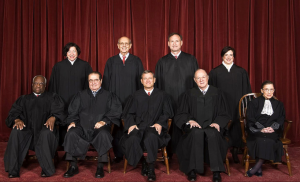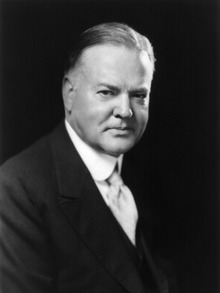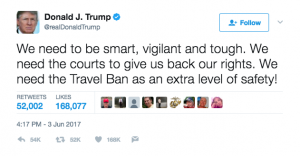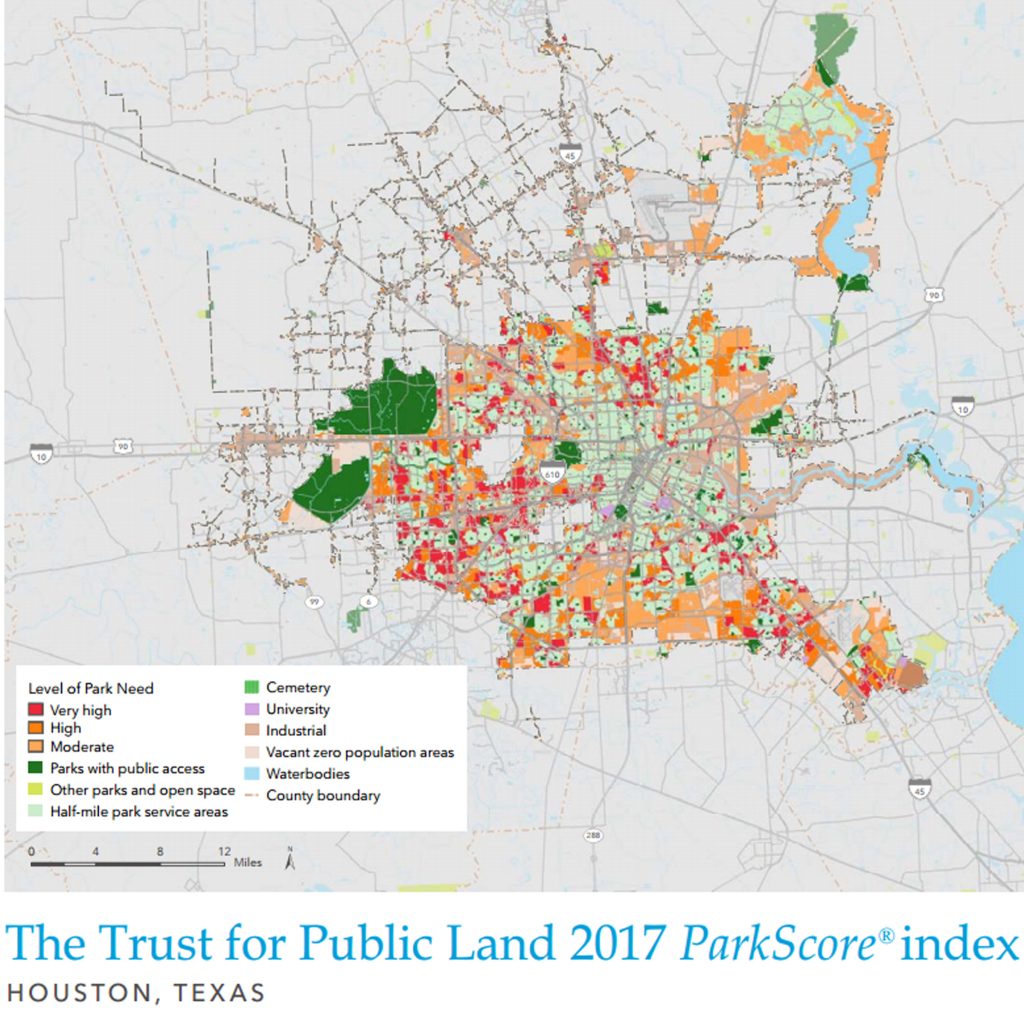 Super Bowl LI is in the books. The city of Houston did a wonderful job of hosting the mega-event and most people agree the game and the experience was first class. Being the forward looking city we are, Houston is already thinking about the next time the Super Bowl will come to H-Town, but as Lee Corso so famously says; “not so fast my friend.”
Super Bowl LI is in the books. The city of Houston did a wonderful job of hosting the mega-event and most people agree the game and the experience was first class. Being the forward looking city we are, Houston is already thinking about the next time the Super Bowl will come to H-Town, but as Lee Corso so famously says; “not so fast my friend.”
The Houston Chronicle ran a buzz-kill story just three days after the big event with the headline “NRG Stadium already dated compared to other Super Bowl venues”. It seems the NRG is fast becoming outdated and will require major updates to compete for Super Bowls, Final Fours and other major events.
City leaders and the NFL will tout the tremendous economic impact the host city enjoys to justify updating/building these modern day coliseums, but like most numbers, it can greatly depend on your point of view. While the Houston numbers are still being calculated, the 2015 Super Bowl held in Arizona reportedly brought in $719m. The state might have taken in that amount in Super Bowl related events, but that number does not take into account the hundreds of millions dollars needed to host the game.
Economists who study these sorts of things put the value more at $30m to $130m, a nice piece of change, but nowhere near the $719m that is promoted.
The game heads north to Minneapolis next year. The Minneapolis Star Tribune published the NFL’s list of demands back in 2014. It’s shows what the NFL expects a city to cough up for the privilege of hosting the big game.
For example:
- If placing logos of the NFL, Super Bowl, and teams that are playing in the game on the field requires different turf to be installed in the new downtown Minneapolis stadium, there would be no charge for that to the league.
- If cellphone signal strength at the team hotels is not strong enough, then the host committee — at no cost to the league — “will be responsible [for erecting] a sufficient number of portable cellular towers.
The NFL is also requiring the local media “to provide significant advertising and promotional time” for the “NFL Experience” in the month leading up to the game. Among them: At least 20 color pages of free space, in aggregate, in leading daily newspapers to promote the game and four weeks of free promotions on at least six local radio stations, including at least 250 live or prerecorded ads.
Now granted, those “recommendations” are from 2014 and could have been negotiated and changed, but its’ still pretty incredible to force host cities to ensure services like cellphone signal strength meets league standards, but that’s not all the all the Super Bowl requires.
They also don’t want to see laws that discriminate against a transgender person using a restroom that conforms to their gender identity. Given Lt. Gov. Dan Patrick’s crusade to keep our bathrooms safe, the NFL could say thanks, but no thanks to a Houston bid even if we did build them a multibillion dollar brand-new stadium.
 The U.S. Supreme Court recently ruled parts of President Trump’s travel ban were indeed constitutional, over-turning many lower courts. The justices have allowed a water-downed version to stand and plan to revisit the issue in the fall.
The U.S. Supreme Court recently ruled parts of President Trump’s travel ban were indeed constitutional, over-turning many lower courts. The justices have allowed a water-downed version to stand and plan to revisit the issue in the fall.








